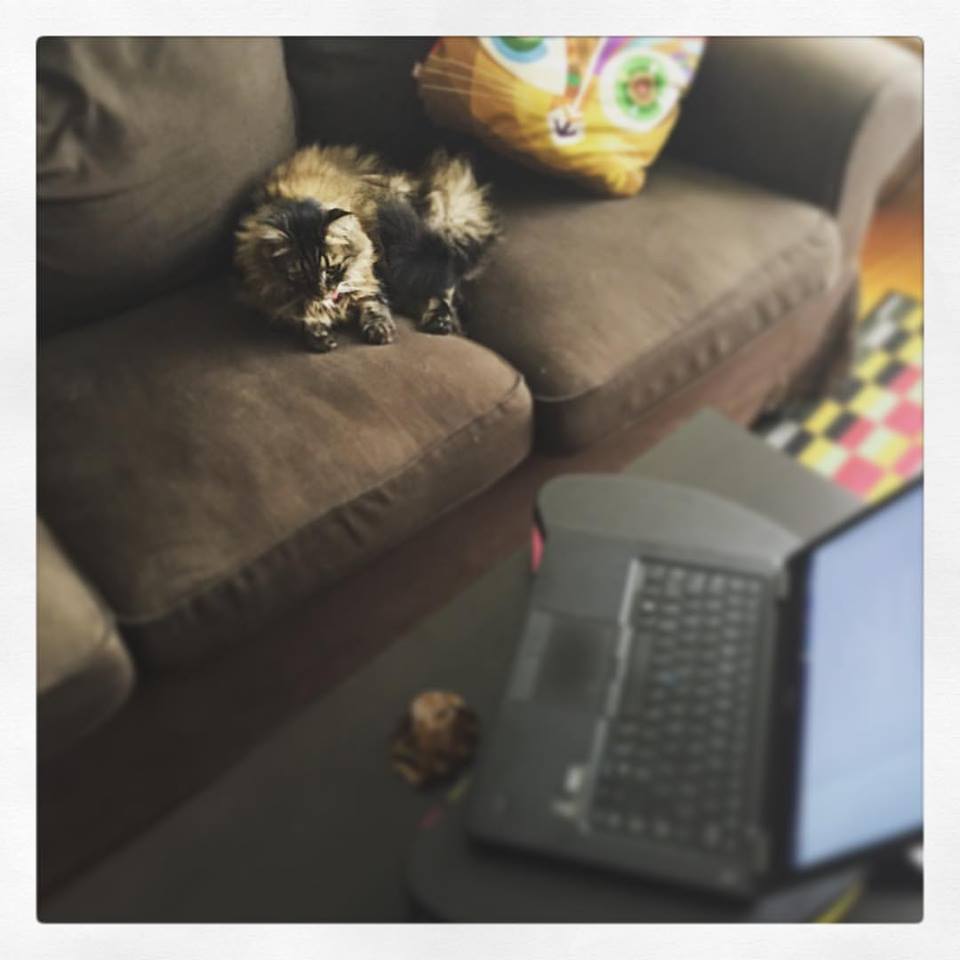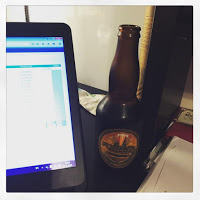
Some mid-career challenges
As I’m navigating what it means to be a mid-career academic, I’ve been facing new challenges. I consider mid-career here as the post-tenure years. While I’m a full professor in Ecuador, I still have two levels of full professor to climb. In the Netherlands, I’m tenured at the lowest level of assistant professor, so I certainly have a lot of growth ahead of me there. Still, since I’m tenured at both places, some of the worry of achieving tenure has vanished, and made place for other worries.
What I’ve identified so far as my biggest challenges are:
- Finding a balance between my research and supervised research: I find it hard to find the optimal balance between reviewing the work of my graduate students and protecting my own research time. I’ve been lumping anything related to the research of my PhD students and my own research into my “research tasks” category, and I recognize that there is overlap as well in projects that require both my research and the work of my students. My MSc students go into the “teaching tasks” category, so there is a clearer division. Still, I find myself sometimes weeks without opening Matlab, while in the past I’d use Matlab pretty much daily.
- Keeping all plates spinning: If I compare my weekly template from two years ago with my current template, it looks as if I have a different job. Taking on PhD students, starting large projects, and providing more supervision for MSc students, as well as taking on a larger admin role at my university, together with more service commitments has completely changed the landscape of my weeks. I have many more plates spinning at the same time, and it feels as if I am always at the risk of dropping something.
- Making wise choices in terms of service and admin appointments: As I alluded to in the previous point, I’ve been taking on much larger service and admin roles in technical societies and my university. The role in university is a good fit for my profile, and the service roles are excellent occasions to learn from others and collaborate – but of course, all these commitments take time. I’ve not been very selective in the past, but have had to kindly decline a number of invitations recently. I do find it hard to evaluate if I make the right choices there.
- Defending my writing time: Together with a busier schedule comes less time for writing. In addition, more students means planning more calls in the afternoon in Europe, and morning time for me. Mornings are usually my writing time, so I’ve seen my writing time dwindle and make place for calls. I’ve resorted to 6am writing before anybody at home wakes up, but I’m not sure if I want to keep waking up at crazy o’clock for the rest of my days. Perhaps I do, but then I may prefer to use that time for workouts instead.
- Not getting overscheduled: To save time on the back-and-forth emailing with people, I now often just let colleagues or the secretary books appointments on my agenda. The result is sometimes 6 Zoom calls of 1 – 1,5 hours on a single day, and if one of the calls takes more time than planned, the whole subsequent planning dies. I’m now trying to book some time in my agenda as “not available” and keep that time for enjoying Zoom-free work.
- Dealing with the email tsunami: I have strong email filters in place, yet still I wake up most days to 25-45 new emails. I now triage them into folders and then deal with these in batches over the week, but it just always seems to get worse.
- Defining impact: What is going to change the world for the better? Now that I have tenure and that some good funding is secured, I should have the time and space to identify how I will make an impact in my field. I find myself often bogged down by the minutiae of all my spinning plates, that trying to think audaciously and dream big for new projects has been on the backburner.
- Knowing when to speak up: There’s a lot of battles one could pick up in neoliberal academia. I often find myself grinding my teeth at the situation, but unsure whether I have enough klout to pick up a battle and try to change the situation. I try to pick and choose the topics that are nearest to my heart, but I’m not sure if that’s the right strategy to follow.
- Not having role models or mentors: My path has been non-traditional, as I’ve built my career post-PhD in two countries and have made uncommon changes. As a result, I don’t really have anybody senior to me in a similar situation to whom I can turn to for advice. I still rely on my former advisor and colleagues for advise on how to navigate certain difficult situations. Yet, I can’t think of somebody who is like me, but a few decades ahead – and that sometimes makes me feel a bit unsettled.



